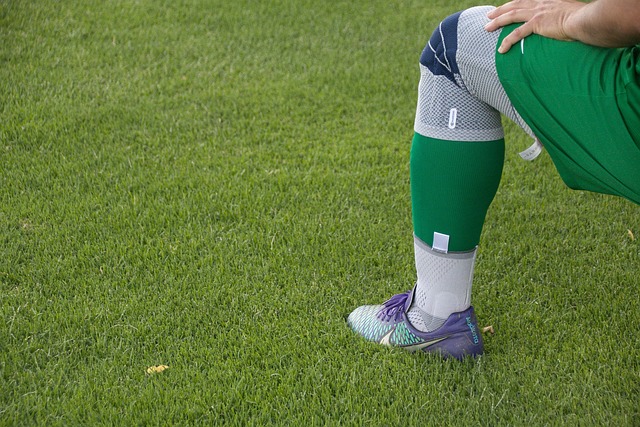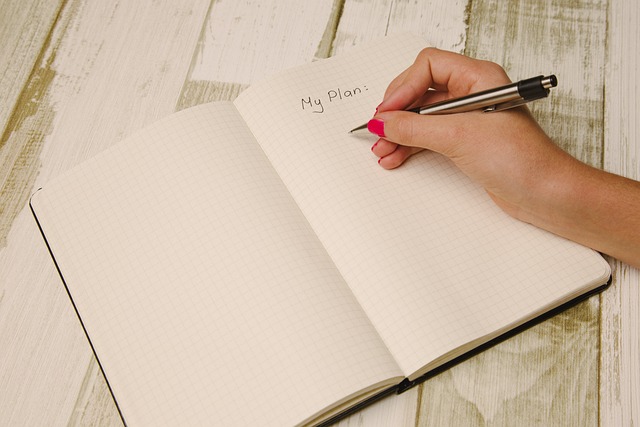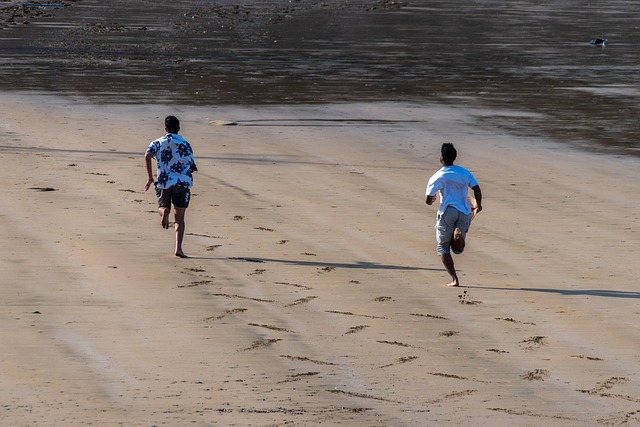In the thrilling world of eSports and competitive gaming, the spotlight often shines brightly on the intense battles, high-octane moments, and the glory of victories. However, lurking in the shadows is an unexpected adversary that no player wants to face: injury. Whether it’s the result of repetitive strain from countless hours of gameplay, acute injuries from poor ergonomics, or mental fatigue, gaming injuries can be debilitating and often lead to significant loss, not just in terms of tournaments but also in the drive to compete.
As a gamer, the passion for your craft can sometimes cloud the need for self-care. Many aspiring professionals remember their first gaming moments, where the thrill of achieving a new level or winning a match felt intoxicating. But this drive can come with physical consequences. Wrist pain, back issues, and eye strain have become increasingly common among players, leading to periods of necessary recovery that can feel more like a prison sentence than a healing process.
In competitive gaming, where the difference between victory and defeat can often be measured in milliseconds, sitting on the sidelines due to injury can be disheartening. The fear of falling out of practice, of losing your edge, all while watching your peers rise and succeed can feel deeply isolating. It’s essential for players to understand that acknowledging an injury is not a sign of weakness, but rather a crucial step towards long-term sustainability in the high-stakes world of eSports.
Recovery from an injury involves several strategies. Physical rehabilitation is essential, but so is the mental aspect of healing. Engaging in alternative forms of gaming, like casual play or exploring different genres, can help keep your mind sharp without putting undue pressure on your body. Additionally, it’s vital to foster a support network of fellow gamers, coaches, and mental health professionals who understand the unique challenges faced during times of injury.
The discussion around injury in gaming isn’t just about the physical aspects. Players today are becoming more aware of the importance of mental health—something that can equally suffer during periods of inactivity. Work on building resilience, understanding the importance of rest, and accepting that setbacks can be powerful tools for growth. Every champion has faced adversity; it’s your response to the setback that will define your journey.
As you navigate the unpredictable waters of competitive gaming, remember that coming back stronger after an injury is possible. Utilize this time to learn better habits, whether it’s optimizing your gaming setup, implementing regular breaks, or exercising to strengthen your body. With a combination of patience, strategic recovery, and an unwavering passion for gaming, you can bounce back and reclaim your place in the eSports arena.
The path to recovery and success is seldom straight; embrace the journey. Let every moment of downtime transform into an opportunity for growth, both in skill and in awareness of one’s health. With the right mindset and dedication, not only can you overcome physical challenges, but you can also emerge as a more holistic, adaptable, and resilient competitor in the ever-evolving world of gaming.




